Are you considering adding a new furry friend to your family and wondering which breed to choose? If you are looking for a dog that is loyal, intelligent, and full of energy, then the Shikoku breed might be the perfect fit for you. Originating from Japan, Shikoku dogs are known for their sturdy build, hunting instincts, and friendly temperament. In this article, we will explore the characteristics of the Shikoku breed and provide you with all the information you need to decide if this breed is right for you.
Breed Category: Spitz
Country of Origin: Japan
Average Size:52-55 cm (male), 46-51 cm (female)
Average Weight:20-25 kg (male), 15-20 kg (female)
Average Life Span: 10-12 years
Grooming Requirements: Moderate
Exercise Requirements:High
History and Origin
The Shikoku is a breed of dog that originated in Japan. It is also known as the Shikoku Inu or Kochi-ken. The breed was developed in the mountainous regions of Shikoku Island, which is located in the southwestern part of Japan. The Shikoku was originally bred for hunting wild boar and deer, and it is still used for this purpose today.
The Shikoku is a medium-sized dog that is muscular and agile. It has a thick, double coat that is usually black, sesame, or red. The breed is known for its loyalty and intelligence, and it is often used as a guard dog. The Shikoku is also a popular companion dog in Japan and other parts of the world.
The history of the Shikoku can be traced back to the 15th century, when Japanese hunters began breeding dogs for hunting purposes. The Shikoku was developed by crossing various Japanese breeds, including the Kai Ken, the Hokkaido, and the Kishu. The breed was originally called the Tosa Inu, but it was later renamed the Shikoku Inu to reflect its place of origin.
In the early 20th century, the Shikoku was almost extinct due to the decline in hunting in Japan. However, a group of breed enthusiasts worked to revive the breed, and it was recognized by the Japanese Kennel Club in 1937. The breed was introduced to the United States in the 1970s, and it was recognized by the American Kennel Club in 1997. Today, the Shikoku is still a rare breed outside of Japan.
The Shikoku is a versatile breed that excels in a variety of activities, including hunting, agility, and obedience. It is also a popular show dog in Japan and other parts of the world. The breed is known for its strong-willed nature, and it requires a firm and consistent owner who can provide it with plenty of exercise and mental stimulation.
In conclusion, the Shikoku is a fascinating breed of dog with a rich history and a loyal following. Its origins can be traced back to the mountainous regions of Shikoku Island, where it was developed for hunting purposes. Today, the breed is still used for hunting in Japan, but it is also a popular companion dog and
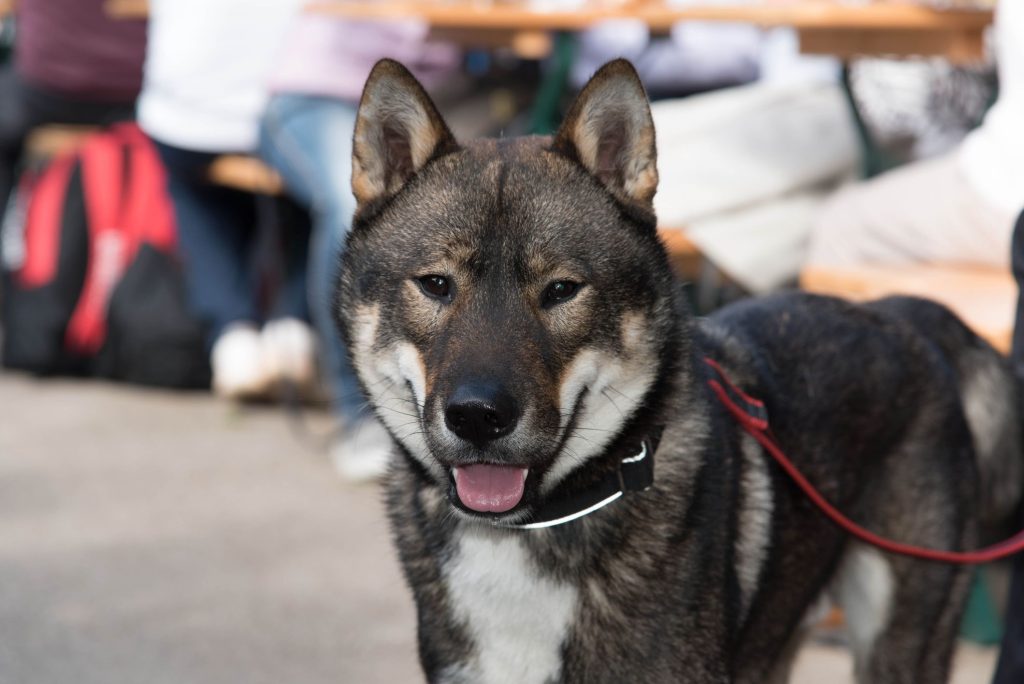
Size and Breed Category
The Shikoku is a medium-sized dog breed that originated in Japan. They are known for their muscular build and athletic abilities, making them excellent hunting companions. Shikokus typically weigh between 18-25 kg and stand at a height of 48-55 cm at the shoulder. They have a thick double coat that comes in various colors such as black, sesame, and red. The breed is known for its loyalty and intelligence, making them great family pets. Shikokus are also known for their independent nature, which can make them challenging to train. However, with proper socialization and training, they can make excellent companions.
The Shikoku is classified as a spitz-type dog breed. They are closely related to other Japanese spitz breeds such as the Akita and the Shiba Inu. The breed was originally developed for hunting large game such as boar and deer in the mountainous regions of Japan. Shikokus are known for their endurance and agility, which makes them excellent hunting companions. They are also known for their strong prey drive, which can make them unsuitable for households with small pets. Overall, the Shikoku is a unique and fascinating breed that requires an experienced owner who can provide them with the proper training and socialization they need to thrive.
Fur Length and Colour
The fur of the Shikoku is typically medium in length, with a dense undercoat and a coarser outer coat. The fur is straight and stands up from the body, giving the dog a slightly fluffy appearance. The fur on the tail is longer and bushier than on the rest of the body, and the fur on the legs is shorter. The fur can come in a variety of colours, including black, sesame (black and red hairs mixed together), and red. The black and sesame colours are the most common. The fur is usually solid in colour, but some dogs may have white markings on their chest, feet, or face. Overall, the fur of the Shikoku is thick and plush, providing excellent protection against cold weather.
The colour of the Shikoku’s fur can vary depending on the individual dog. Black Shikokus have a solid black coat, with no other colours mixed in. Sesame Shikokus have a mix of black and red hairs, giving them a speckled appearance. The red Shikoku has a solid red coat, which can range from a light tan to a deep mahogany colour. The fur is usually darker on the back and lighter on the belly. Some Shikokus may have white markings on their chest, feet, or face, but these are not common. The colour of the fur is an important characteristic of the breed, and breeders strive to produce dogs with the correct colour and pattern.
Termperament and Trainability
Shikoku is a breed of dog that is known for its independent and strong-willed temperament. They are not the easiest breed to train, as they tend to be stubborn and have a mind of their own. However, with patience and consistency, they can be trained to follow commands and perform various tasks. Shikokus are also known for their loyalty and devotion to their owners, making them excellent companions for those who are willing to put in the time and effort to train them properly.
When it comes to trainability, Shikokus require a firm and consistent approach. They respond well to positive reinforcement techniques, such as treats and praise, but can become bored or disinterested if training sessions are too repetitive or lengthy. It is important to keep training sessions short and engaging, with plenty of breaks for play and exercise. Shikokus are also highly intelligent dogs, which means they can quickly pick up on new commands and tricks. However, they can also become easily distracted, so it is important to train them in a quiet and distraction-free environment. Overall, Shikokus are a unique and fascinating breed that require a patient and dedicated owner to bring out their full potential.
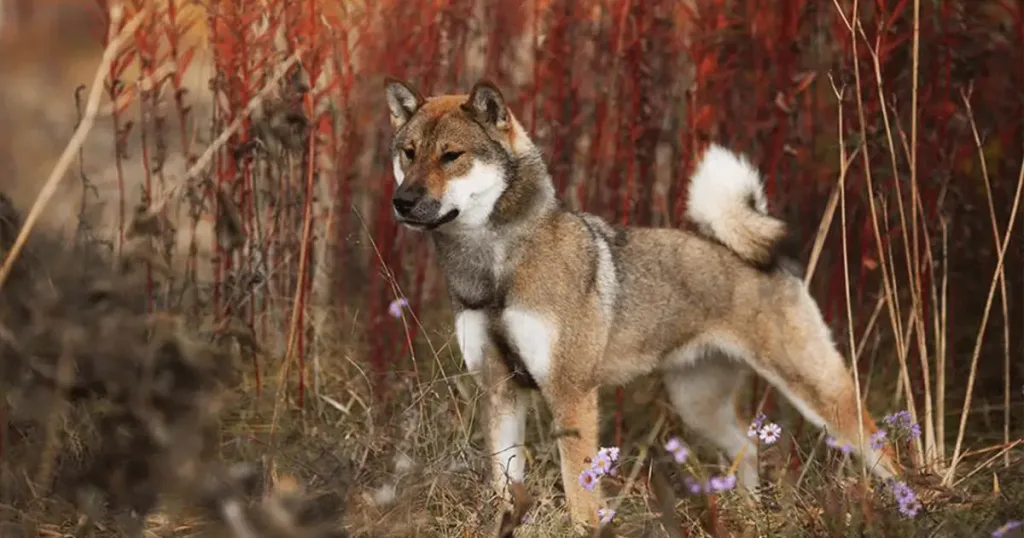
Known Health Conditions
Shikoku dogs are known to be prone to certain health conditions. One of the most common issues that affect this breed is hip dysplasia. This condition occurs when the hip joint doesn’t develop properly, leading to pain and discomfort. Shikoku dogs with hip dysplasia may have difficulty walking or running, and may also experience stiffness in their joints. This condition can be managed with medication and physical therapy, but in severe cases, surgery may be necessary.
Another health condition that Shikoku dogs are susceptible to is progressive retinal atrophy (PRA). This is a degenerative eye disease that can lead to blindness. PRA is caused by the gradual deterioration of the retina, which is the part of the eye that detects light. Shikoku dogs with PRA may show signs of vision loss, such as bumping into objects or hesitating to move in low light conditions. Unfortunately, there is no cure for PRA, but early detection and management can help slow down the progression of the disease.
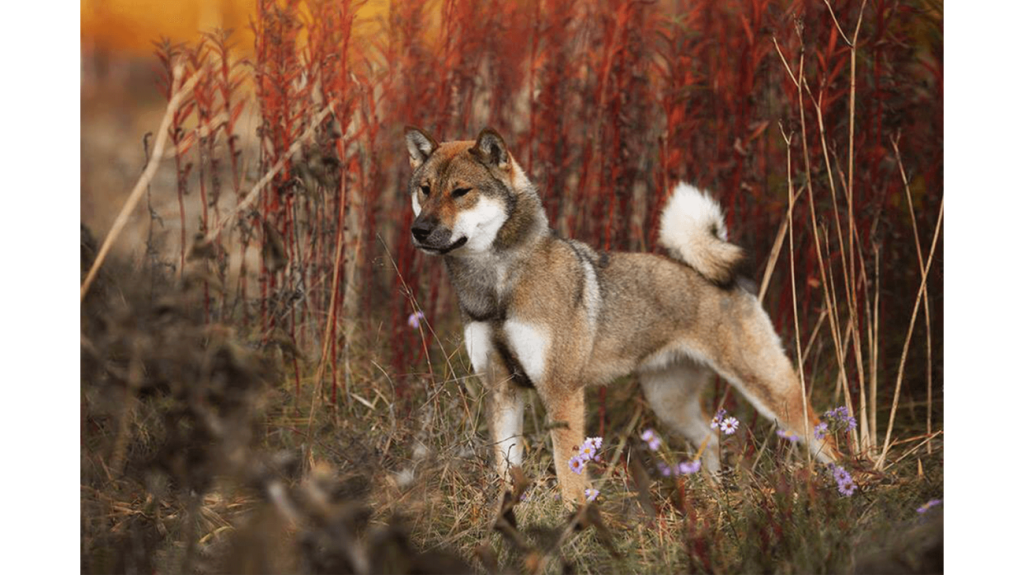
Openness to Strangers
Shikoku dogs are known for their friendly and welcoming nature towards strangers. They are always eager to meet new people and make new friends. This trait makes them excellent family pets as they are always ready to greet guests with a wagging tail and a friendly bark. Shikoku dogs are also known for their loyalty and devotion to their owners, which makes them excellent watchdogs. They are always alert and ready to protect their family from any potential danger.
In addition to their friendly nature, Shikoku dogs are also highly intelligent and trainable. They are quick learners and respond well to positive reinforcement training methods. This makes them excellent candidates for obedience training and other dog sports such as agility and flyball. Shikoku dogs are also highly adaptable and can thrive in a variety of living situations, from apartments to large homes with yards. They are active dogs that require daily exercise and mental stimulation to keep them happy and healthy. Overall, Shikoku dogs are a wonderful breed that make great companions for families and individuals alike.
Playfulness Level
The Shikoku is a highly energetic and playful dog breed that loves to engage in physical activities. They are known for their love of play and their ability to keep themselves entertained for hours on end. Whether it’s playing fetch, running around in the park, or chasing after toys, the Shikoku is always up for a good time. They are also highly intelligent and enjoy learning new tricks and commands, making them a great choice for owners who want a dog that is both fun and trainable.
Despite their playful nature, the Shikoku is also a very loyal and protective breed. They are known for their strong bond with their owners and will go to great lengths to protect them from harm. This makes them an excellent choice for families with children or for individuals who want a dog that will always be by their side. Overall, the Shikoku is a fun-loving and loyal breed that is sure to bring joy and happiness to any household.
Suitability as a Pet for Children
Shikoku is a Japanese dog breed that is known for its loyalty and intelligence. They are highly trainable and can be great companions for children who are willing to put in the effort to train them properly. Shikokus are energetic and require regular exercise, which can be a great way for children to stay active and engaged with their pet. They are also known for their affectionate nature and can form strong bonds with their owners. However, due to their high energy levels, they may not be suitable for families with very young children or those who are unable to provide them with enough exercise and attention.
Exercise Needs
Shikoku dogs are known for their high energy levels and require a significant amount of exercise to maintain their physical and mental health. These dogs were originally bred for hunting and have a strong instinct to run and explore. As such, they require daily exercise that includes both physical and mental stimulation. A brisk walk or jog for at least an hour a day is recommended, along with playtime and training sessions that challenge their intelligence and problem-solving skills. Shikoku dogs also enjoy activities such as hiking, swimming, and agility training, which provide them with the opportunity to explore and use their natural abilities.
In addition to physical exercise, Shikoku dogs also require mental stimulation to prevent boredom and destructive behavior. These dogs are intelligent and independent, and they thrive on challenges that engage their minds. Training sessions that incorporate obedience, agility, and scent work are ideal for Shikoku dogs, as they allow them to use their natural instincts and learn new skills. Puzzle toys and interactive games are also great for mental stimulation, as they require the dog to problem-solve and use their cognitive abilities. Overall, Shikoku dogs require a balanced exercise routine that includes both physical and mental stimulation to keep them happy and healthy.
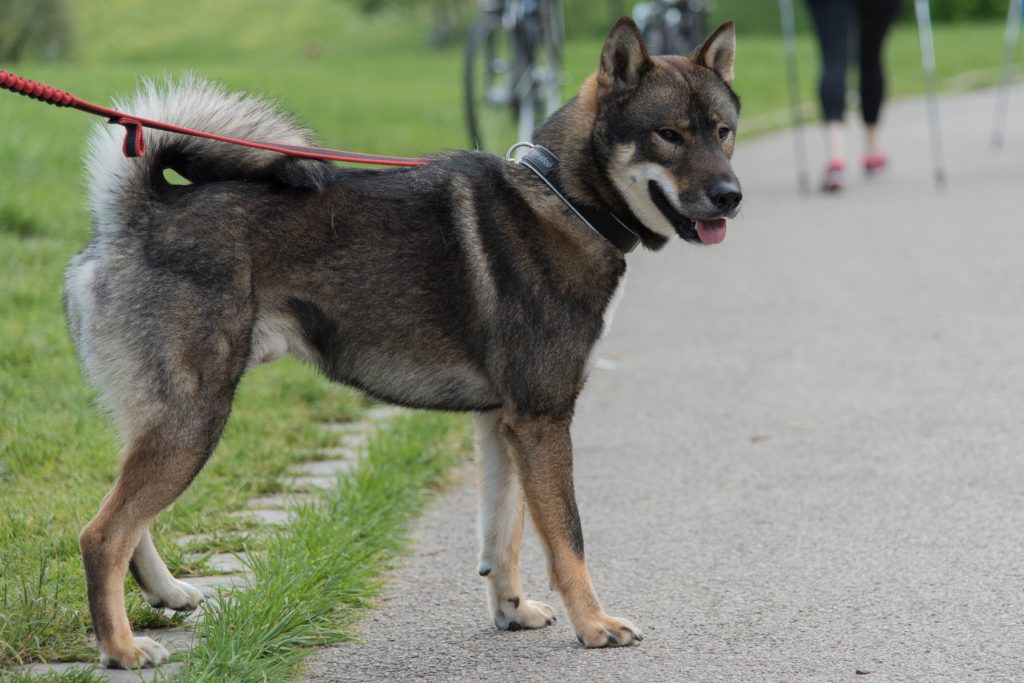
Suitability for a Multi-Pet Family
Shikoku dogs have a reputation for being independent and strong-willed. They may not always get along with other pets, especially if they perceive them as a threat to their territory or resources. However, with proper socialization and training, Shikokus can learn to coexist peacefully with other animals in the household. It’s important to introduce them to other pets gradually and supervise their interactions to prevent any conflicts. Additionally, providing each pet with their own space and resources can help reduce competition and tension.
Housing Requirements
Shikoku dogs require a spacious and secure living environment that allows them to move around freely. They are active dogs that need plenty of exercise, so a large yard or access to a park is essential. The yard should be fenced to prevent them from wandering off, as they have a strong prey drive and may chase after small animals. Additionally, they should have access to a sheltered area where they can rest and seek shade during hot weather. The shelter should be well-ventilated and insulated to protect them from extreme temperatures.
Inside the house, Shikoku dogs need a comfortable and cozy space to sleep and relax. They are independent dogs that enjoy having their own space, so a designated area for them is recommended. The area should be clean and free of any hazards, such as loose wires or sharp objects. Shikoku dogs shed moderately, so regular grooming is necessary to keep their coat healthy and prevent excessive shedding. They also need access to fresh water and high-quality food to maintain their health and energy levels.
Summary
Shikoku dogs have a reputation for being loyal and intelligent companions. They require a lot of exercise and mental stimulation, making them a good fit for active owners who have the time and energy to devote to their pet. As with any dog, proper training and socialization are important to ensure they are well-behaved and get along with other animals and people. Overall, the Shikoku can make a great pet for the right owner who is willing to put in the effort to meet their needs.
Shikoku Dog FAQS
Shikokus are intelligent but can be stubborn, so consistent and positive training is necessary.
Shikokus can adapt to apartment living if given enough exercise and mental stimulation.
Yes, Shikokus are known to be good with children, but early socialization is important.
Shikokus are generally healthy, but they can be prone to hip dysplasia and eye problems.
Yes, Shikokus shed moderately throughout the year and heavily during shedding season.
Shikokus are an active breed and require at least 1-2 hours of exercise daily.
Shikokus have a thick double coat and require weekly brushing to prevent matting and tangling.
A Shikoku can grow up to 52-55 cm in height.
The average weight of a Shikoku is between 16-25 kg.
The average lifespan of a Shikoku is 12-14 years.
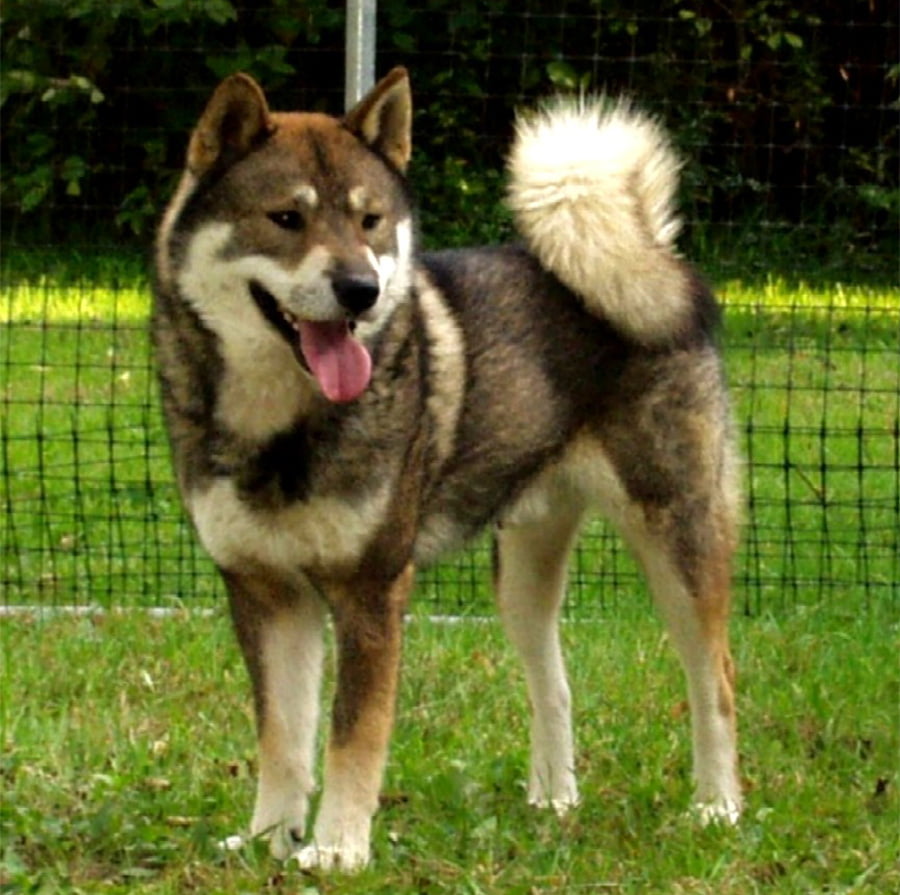
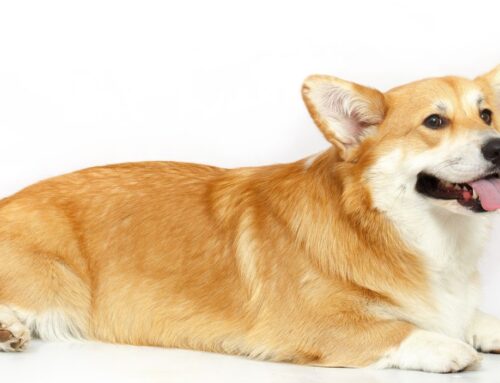
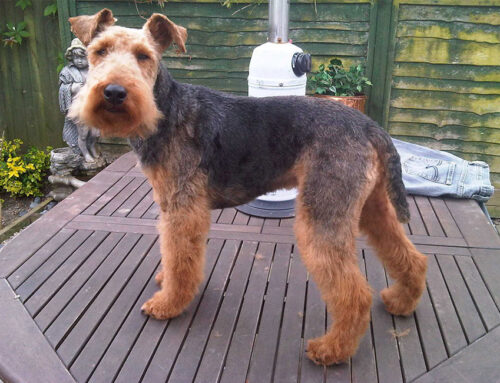
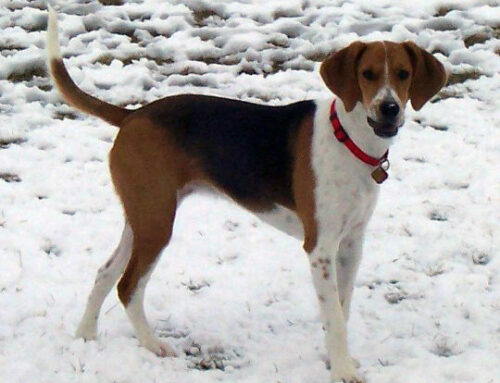
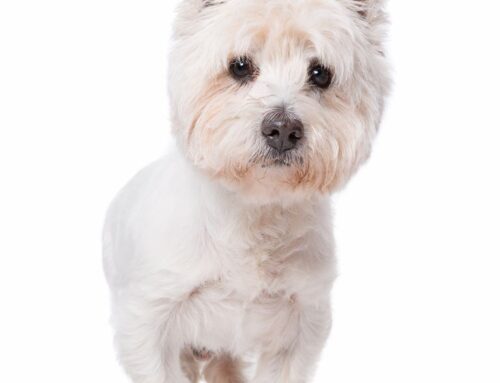
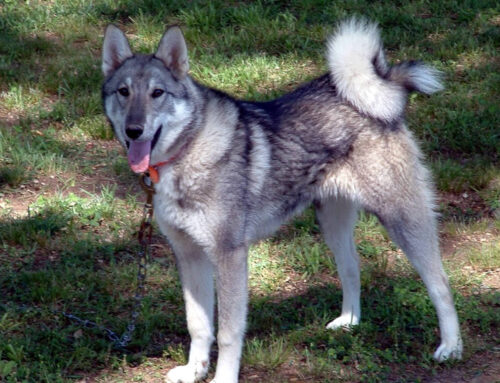
Leave A Comment